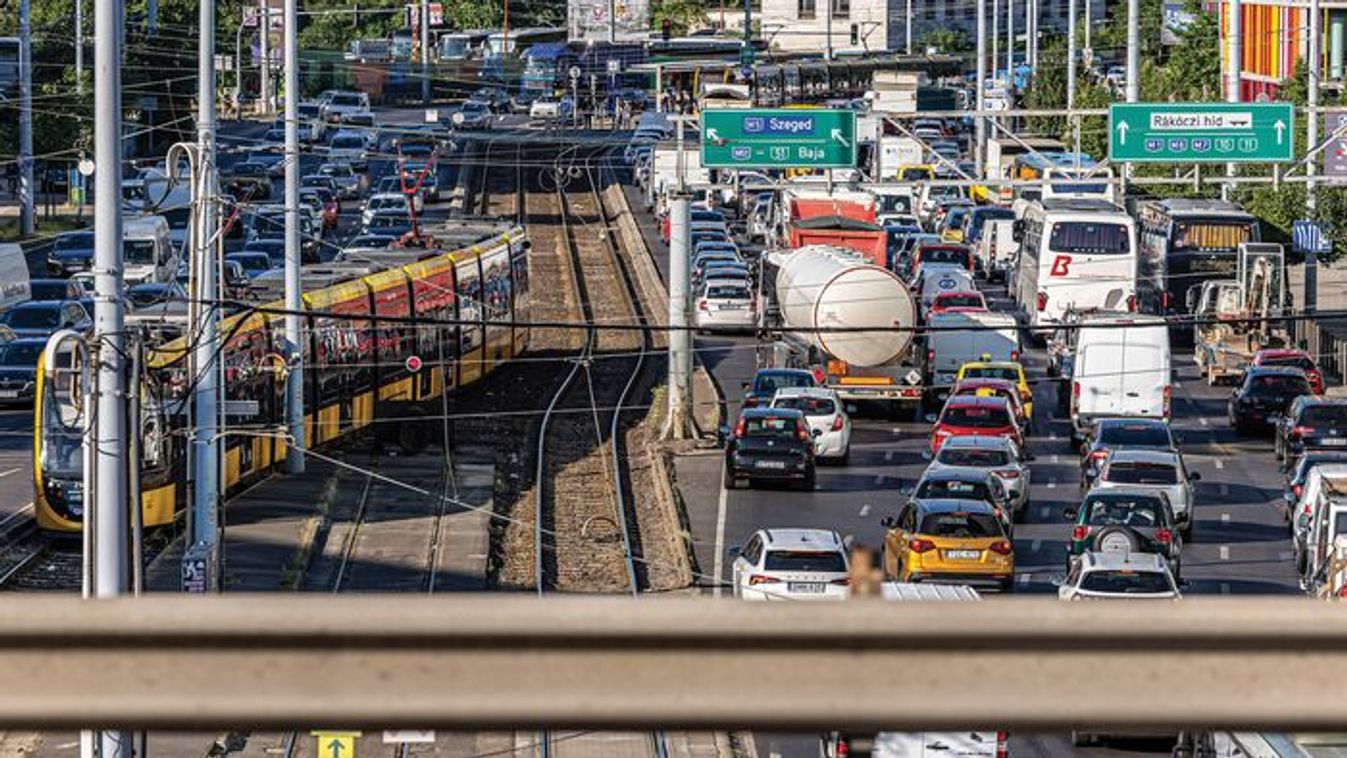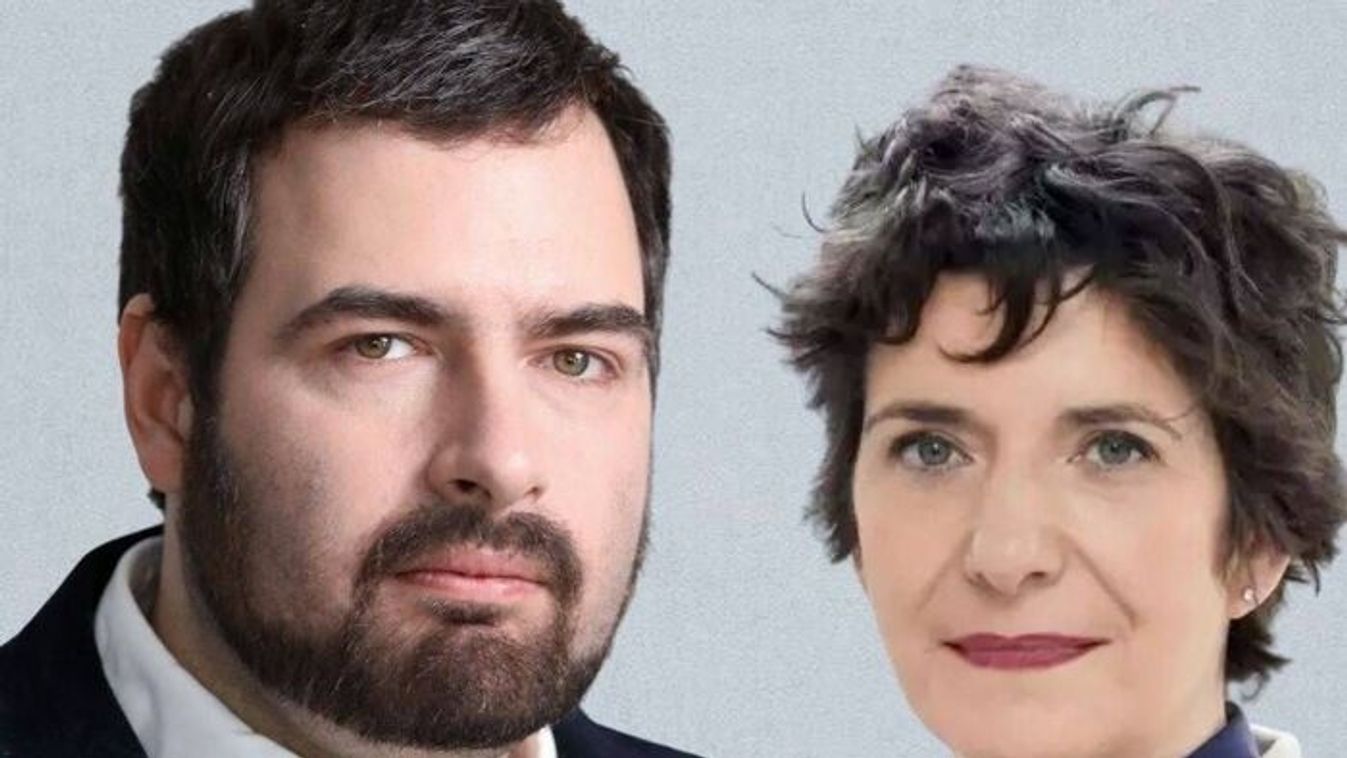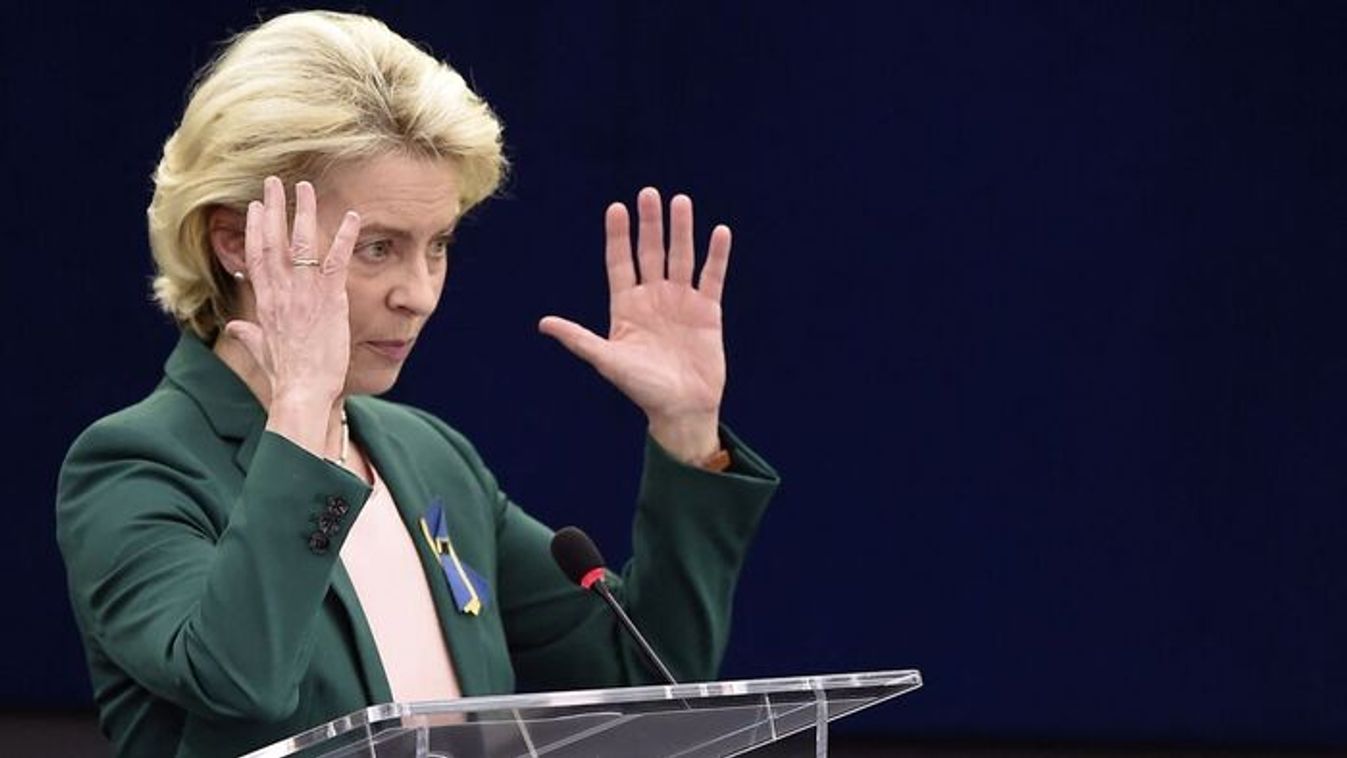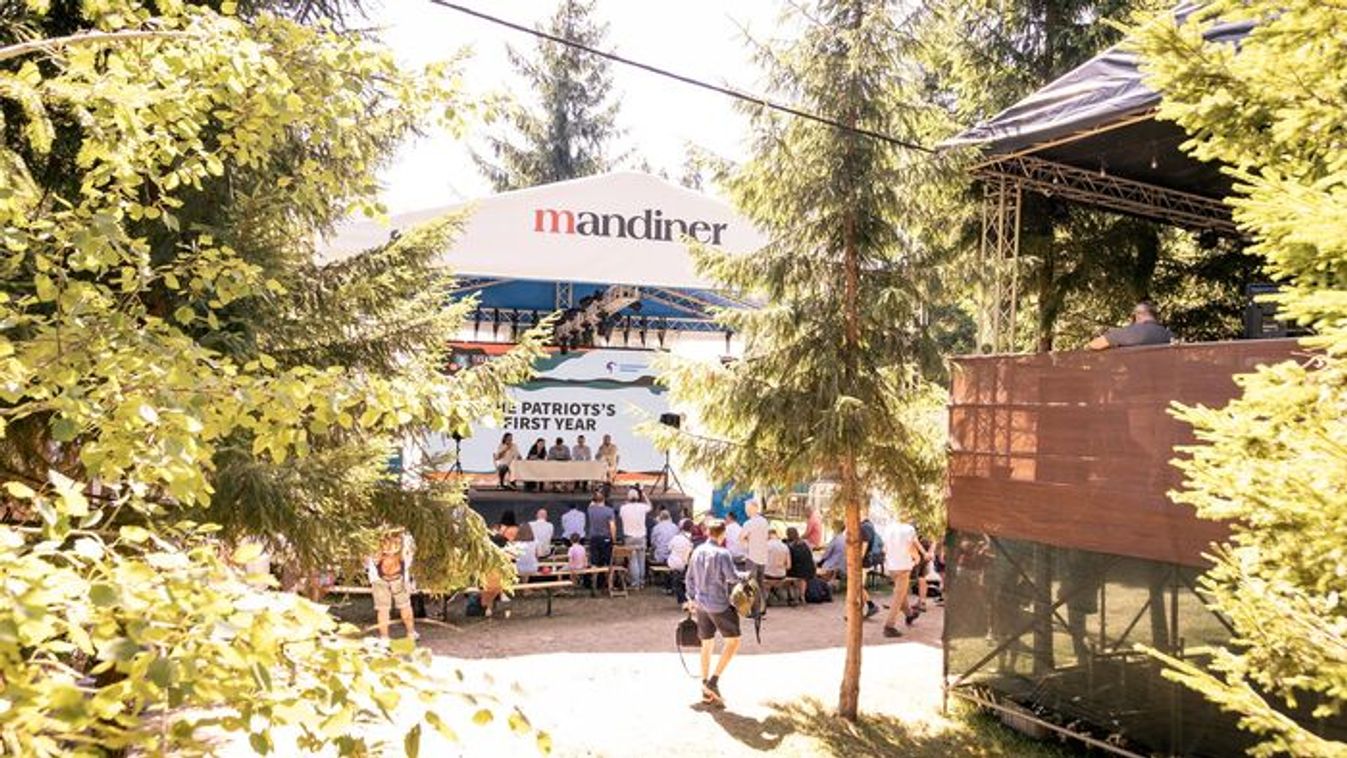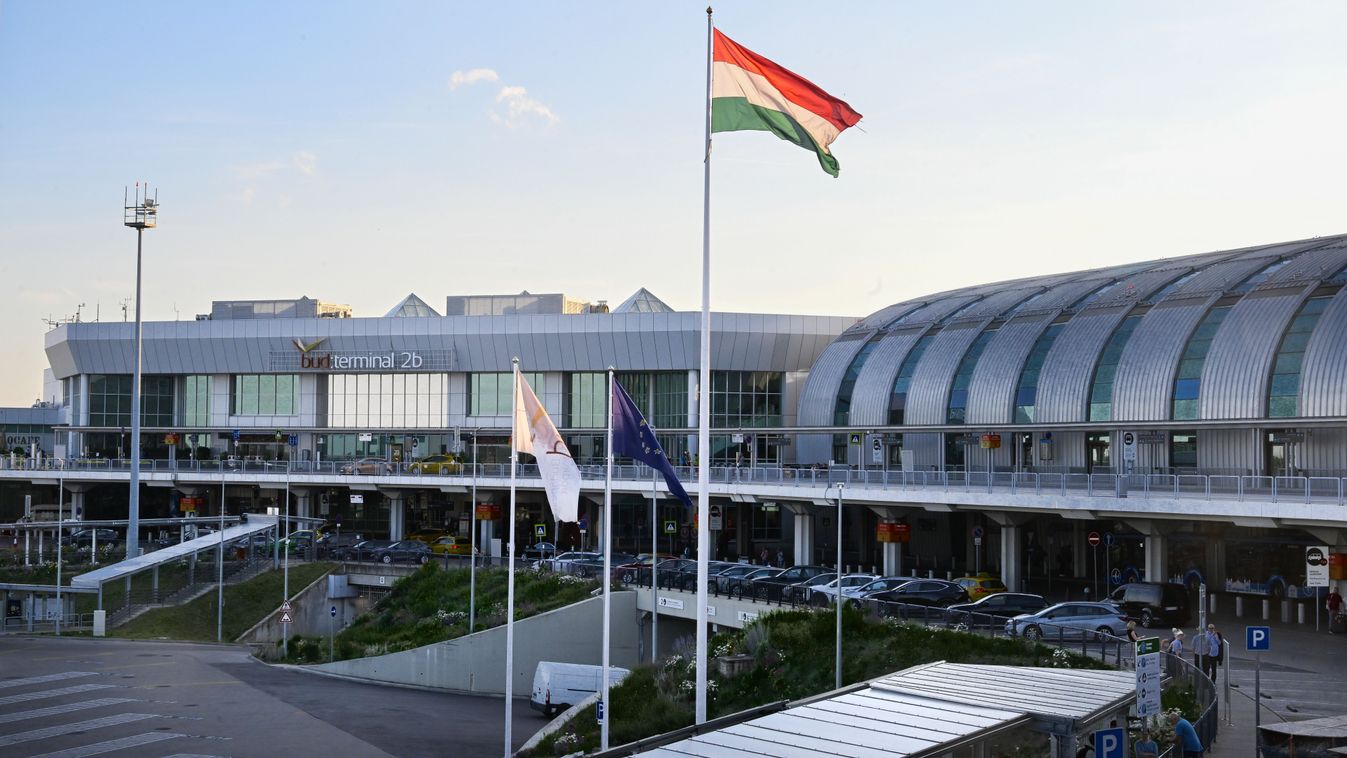"A young lad with a machine pistol from the ’56 revolution in Budapest; a student from Prague Spring in ’68; a Solidarity activist from Warsaw in ’80 – these are the images of Eastern and Central Europe favoured in Western Europe. They see far-away champions of freedom, who add some romance to the life of the Western European citizen, but at the same time in in no way upset the staid predictability of their own everyday life, thanks to strength of the Iron Curtain.
Yet somehow in the West many still sensed that the East European democratic transitions and the dismantling of the frontiers lockdown would launch a new era for them, too. For the French and British, German reunification foreshadowed the image of far too large a European superpower. To many, the Yugoslav Wars and the newly independent Croatia meant the breakdown of the Central European status quo. The abundance of new parties, players and developing systems appeared as threat in the committee rooms of Western chanceries. Publicly they hoorayed it while in private they were less than delighted with the end of Socialism.
Since then a generation has gone by but Western Europe is still not able to accept the spirit of Europe’s reunification. The European Union has enlarged towards the east in vain – instead of equal treatment as fellow citizens of Europe, we are met with suspicion, accusation and distrust. (...)
We, just like our regional partners, have to prove our commitment to democracy every day, while, for our part, we have genuinely had to struggle and fight for democracy. They watch the distinctive Eastern and Central European solutions mistrustfully as if they did not care about how they came into being. They do not want to understand that the average salary of a German, a Portuguese and even a Greek is many times that of the Hungarian average of €700. (...)
Today, Europe is not weak because the Eastern and Central European countries are poor or weak. Rather this is due to the West that is still unable to come to terms with the unification of Europe. The very fact that we too are Europeans has invigorated us through the decades, but Europe will stay weak as long as those in the West refuse to take notice of this."
